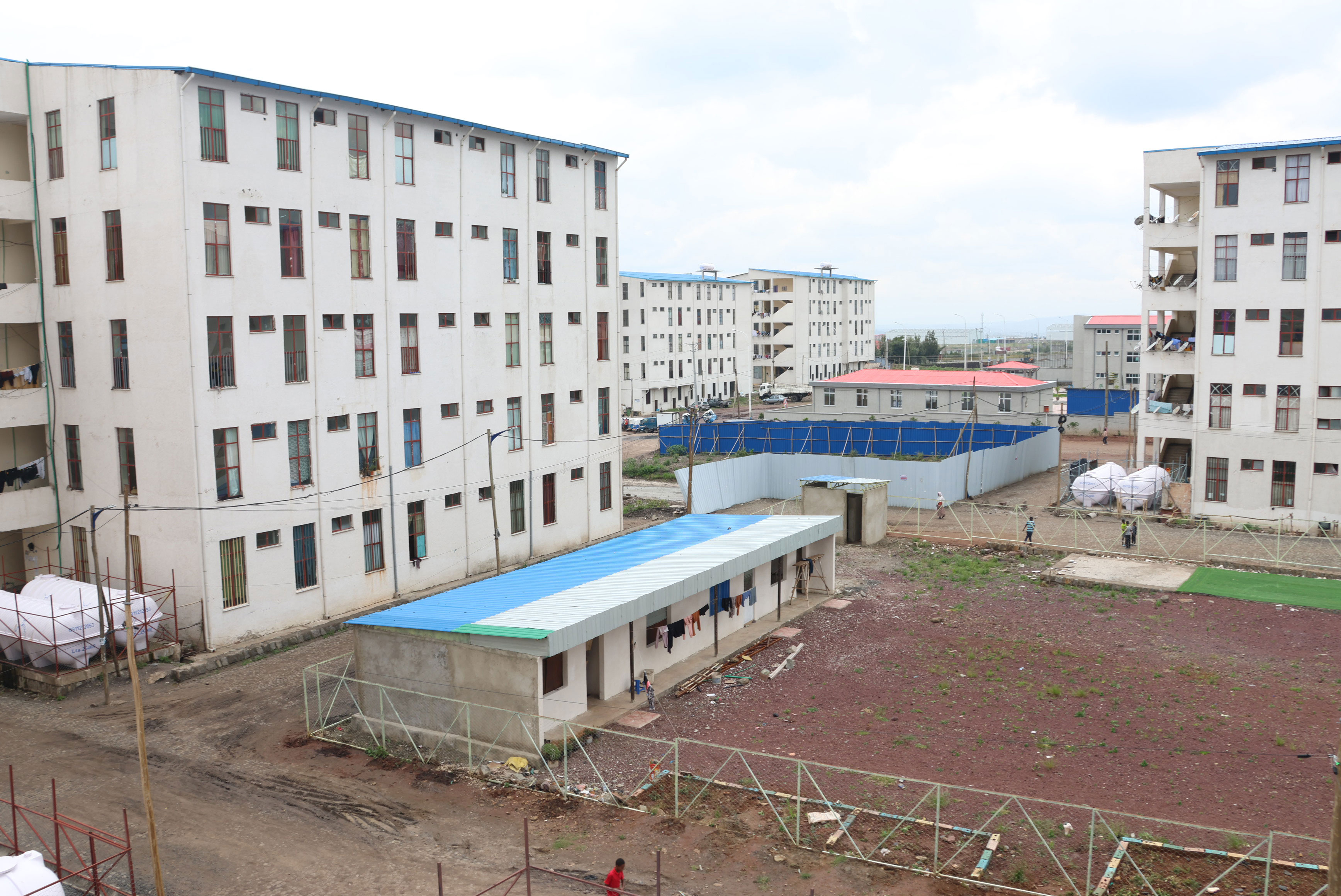
Commentaries | Jul 06,2019
Feb 23 , 2019
By Eden Sahle
A few years back, as a fresh entrant in the labour market, I was privileged to meet a person whose friendship as well as experiences changed my professional and personal life in the 11 months I knew her.
We were both 21, but she had been better exposed to life than I was. Ambitious in life, she helped me look at relationships, family, careers and education differently. Though an incredibly private person, she was open to me about her family and relationship problems. But I did not know how to help my friend. We both searched support for her in family, friends and even from religious organisations. But it was too late, and we lost her.
In the world we live in, suffering and challenges are part of our lives. We live in the dichotomy of happiness and sadness, stability and disproportion. No matter how hard we try, we cannot escape tasking episodes that recur in life. Regrettably, while we are in the turmoil of anguish, it is tough to realise this as we are filled with fear and desperation.
When sadness takes over, we need a helping hand from family, friends and society. Unfortunately, in Ethiopia, we wake up after irreversible damage is done to the person suffering. We do not have social support institutions that people can trust and confide in, or get the necessary help from family and friends at a time when it most matters.
Social networks encourage healthy life choices and behaviours. But friendships and groups can also have a negative influence in this regard when peer pressure and influence lead to poor or even dangerous choices. However, group pressure and support can also lead people to engage in healthy behaviours as well. It is all about making the right choice.
My advice was not of much help to my friend, because I was not going through what she was dealing with. People who are suffering from severe psychological problems often find that it helps to connect with people who are actively trying to deal with similar issues to overcome it. Talking to people who are going through the same experience can often be a source of support, empathy and motivation.
Many parents in Ethiopia have come to believe that raising children is mostly about providing them with material well being. Emotional unavailability of parents is forcing children to resort to drugs and poor life choices to cope with psycho-social stress that can potentially come from friends, school work and even parents’ marital problems in which children are exposed to witness.
Lack of supportive sentiment from society frequently leaves many despondent. In our culture, seeking help is considered a sign of weakness. But many problems are not that simple to snap out of and require a life journey that engenders others' genuine support and advice.
Sharing positive emotions with others helps to bond individuals together, creating and maintaining strong, healthy and caring relationships. Such relationships, in turn, provide social support that encourages further emotional resilience and optimism. It is a circular, self-reinforcing and trustworthy movement toward a better life.
Close and true caring relationships offer opportunities to express and to receive constructive feedback, both of which are important for improving our character and self-esteem. Social supports provide a path toward becoming part of something larger, which we can identify positively.
The feeling of vulnerability is one of the hardest things we can deal with in our lives. Counseling those that are hurting without judging them is vital. We are not there in people’s lives to see them go through pain but provide the emotional support necessary, and vice versa when we are in their shoes.
Social support is often a dynamic component of healthy relationships and psychological health. It involves having a network of sympathetic family, friends, colleagues and neighbours that we can turn to in times of difficulty or when making important decisions. These associations play a critical role in how we function in our daily lives.
This does not mean that we need many friends and family members to benefit from social support but a strong network is crucial.
When trying to reach our goals and deal with a crisis, experts frequently tell people to lean on their friends, family and society for support, and such help comes in different forms.
Sometimes it might involve helping a person with various daily tasks when they are sick or offering financial assistance when they are in need. In other situations, it could involve advising a friend when they are facing a difficult life situation. And sometimes it is providing care, empathy and concern for the problem people are going through.
It is such small compassionate acts that end up saving lives.
PUBLISHED ON
Feb 23,2019 [ VOL
19 , NO
982]

Commentaries | Jul 06,2019

Life Matters | May 27,2023

My Opinion | Mar 04,2023

Covid-19 | Apr 17,2020

Featured | Jul 27,2025

Agenda | Sep 19,2020

Viewpoints | Apr 01,2023

Commentaries | Jun 14,2025

Life Matters | Feb 03,2024

Sunday with Eden | Jul 01,2023

Photo Gallery | 173992 Views | May 06,2019

Photo Gallery | 164222 Views | Apr 26,2019

Photo Gallery | 154316 Views | Oct 06,2021

My Opinion | 136609 Views | Aug 14,2021
Editorial | Oct 11,2025

Dec 22 , 2024 . By TIZITA SHEWAFERAW
Charged with transforming colossal state-owned enterprises into modern and competitiv...

Aug 18 , 2024 . By AKSAH ITALO
Although predictable Yonas Zerihun's job in the ride-hailing service is not immune to...

Jul 28 , 2024 . By TIZITA SHEWAFERAW
Unhabitual, perhaps too many, Samuel Gebreyohannes, 38, used to occasionally enjoy a couple of beers at breakfast. However, he recently swit...

Jul 13 , 2024 . By AKSAH ITALO
Investors who rely on tractors, trucks, and field vehicles for commuting, transporting commodities, and f...

Oct 11 , 2025
Ladislas Farago, a roving Associated Press (AP) correspondent, arrived in Ethiopia in...

Oct 4 , 2025
Eyob Tekalegn (PhD) had been in the Governor's chair for only weeks when, on Septembe...

Sep 27 , 2025
Four years into an experiment with “shock therapy” in education, the national moo...

Sep 20 , 2025
Getachew Reda's return to the national stage was always going to stir attention. Once...

Oct 12 , 2025
Tomato prices in Addis Abeba have surged to unprecedented levels, with retail stands charging between 85 Br and 140 Br a kilo, nearly triple...

Oct 12 , 2025 . By BEZAWIT HULUAGER
A sweeping change in the vehicle licensing system has tilted the scales in favour of electric vehicle (EV...

Oct 12 , 2025 . By NAHOM AYELE
A simmering dispute between the legal profession and the federal government is nearing a breaking point,...

Oct 12 , 2025 . By NAHOM AYELE
A violent storm that ripped through the flower belt of Bishoftu (Debreziet), 45Km east of the capital, in...